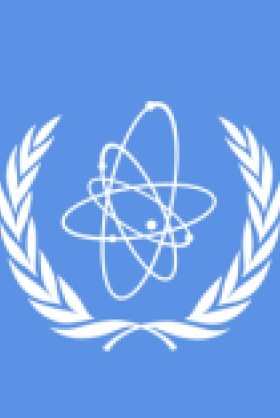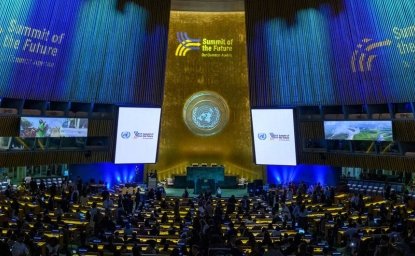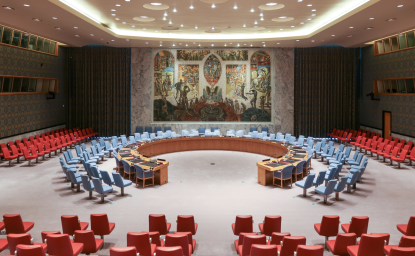Increasing Transparency at the IAEA Archives



Increasing Transparency at the IAEA Archives
3 March 2015
Anna Weichselbraun proposes 9 ways that the IAEA can increase transparency and build confidence in its authority by reforming archival access policies.
The International Atomic Energy Agency (IAEA) Archives are an invaluable source for the study of nuclear proliferation. Their 5,574 linear meters of historical records—in a variety of media formats—contain key sources on the Agency’s central role in the spread of nuclear energy and other peaceful applications of nuclear technology, as well as on its global position as the key institutional actor charged with verifying the nuclear nonproliferation regime. The archives hold the working documents of the Agency’s Secretariat and its policy-making bodies: the Board of Governors and the General Conference. Yet, researchers presently encounter signifi cant obstacles to access at the IAEA Archives, principally due to (1) comparatively strict withholding policies and (2) an under-developed capacity to accommodate researchers. This Issue Brief offers recommendations for revising IAEA archival access policies—considering both the policies and holdings of similar archives and the best practices developed by the International Council on Archives. These suggestions aim to improve researcher access, while remaining sensitive to the unique challenges faced by the IAEA Archives, due to the work of its parent organization.
Click here to download the PDF
Author

Nuclear Proliferation International History Project
The Nuclear Proliferation International History Project is a global network of individuals and institutions engaged in the study of international nuclear history through archival documents, oral history interviews, and other empirical sources. Read more


Cold War International History Project
The Cold War International History Project supports the full and prompt release of historical materials by governments on all sides of the Cold War. Read more

Explore More
Browse Insights & Analysis
Latin American Leaders in the Gran Manzana

UNGA 2024 Recap: Crises, Conflicts, and the “Pact for the Future” Dominate Talks

